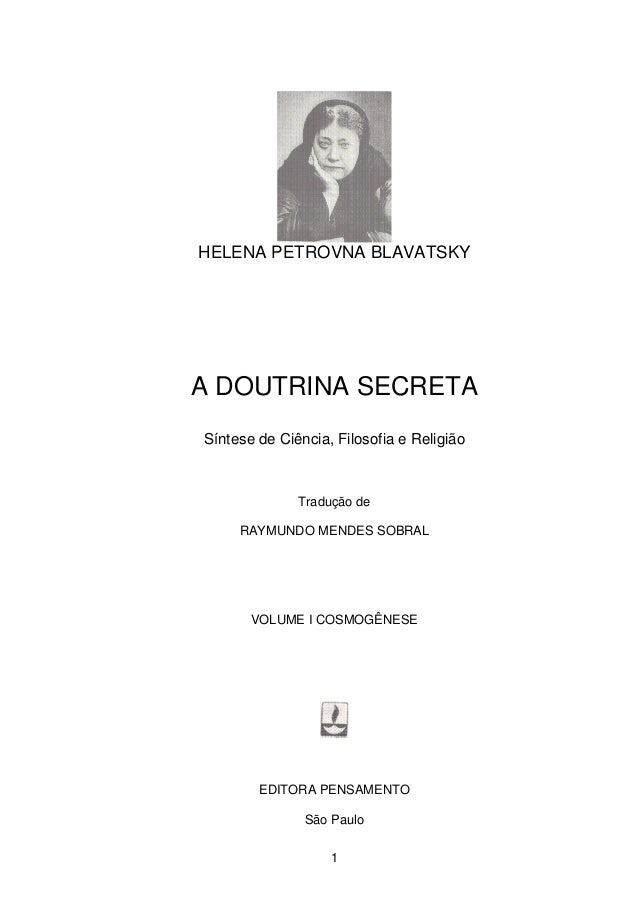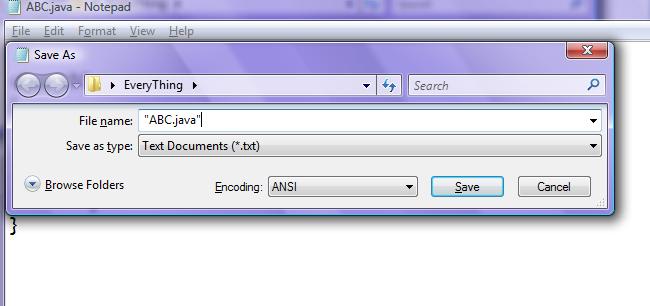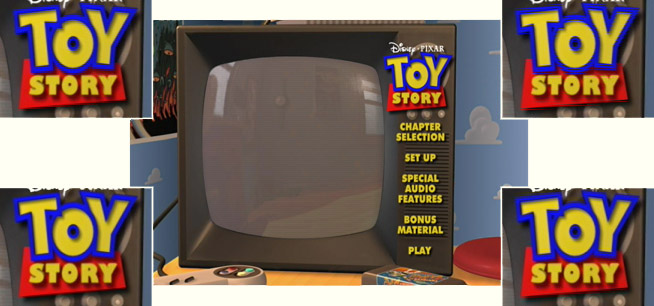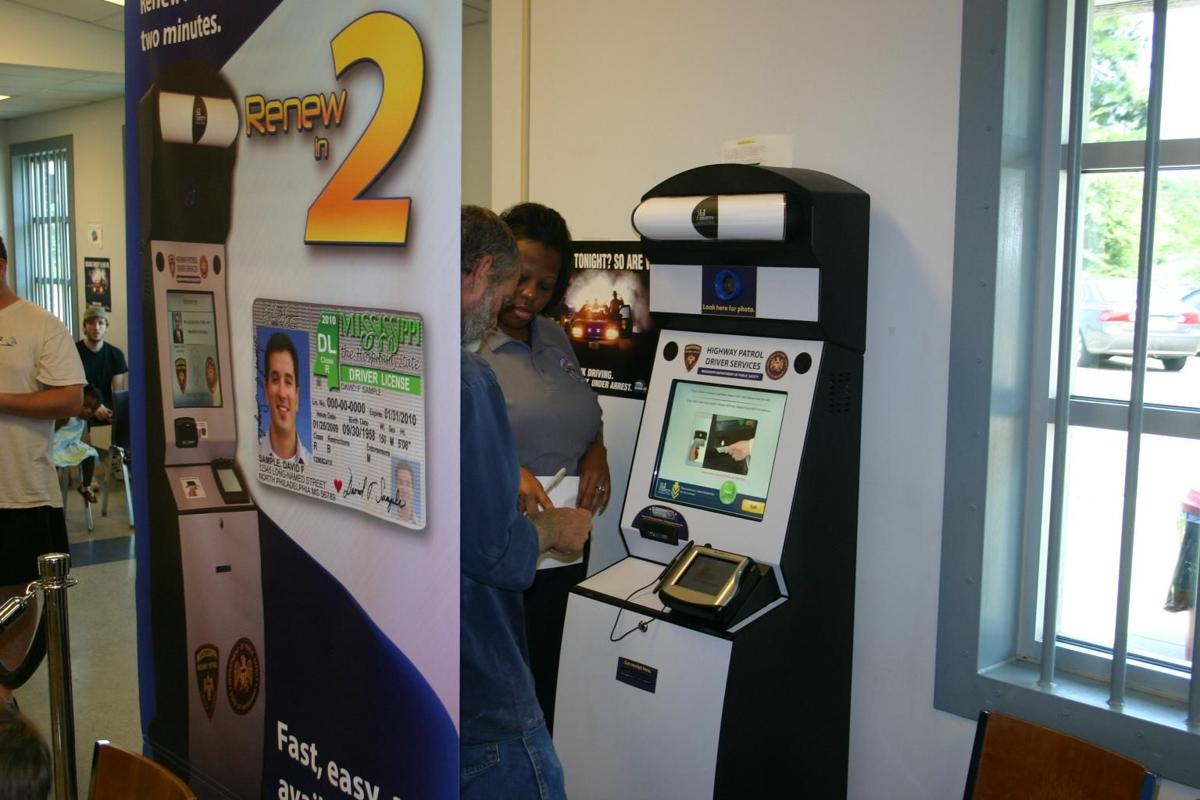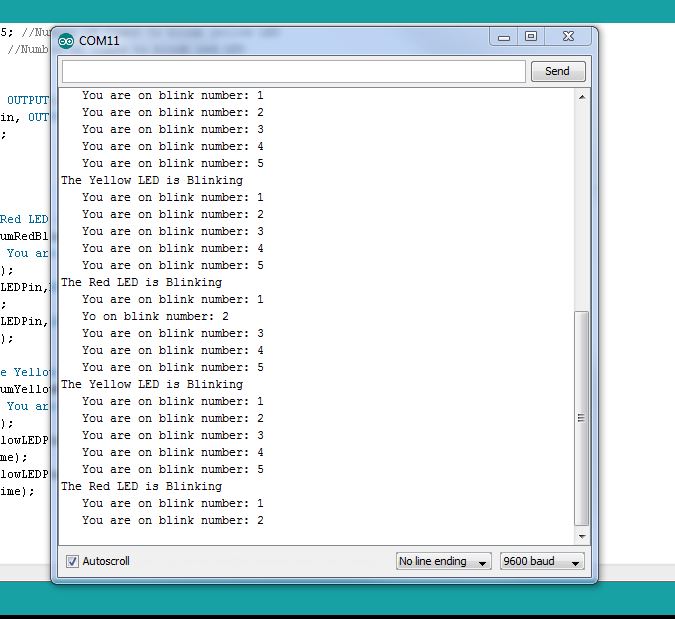
@R.: I dunno, I can write some pretty compact code to generate them, I'd guess the break point on binary size is at most perhaps 100 primes if stored as int (400 bytes of x86 or ARM to generate primes is extravagant, whether the compiler actually emits that is another question), the breakpoint on source size is smaller, but once you pull in printf the binary gets larger. Issue with string literals, if we take it seriously (and I sort of agree we don't have to at the level of 4k), applies to arrays too since you need to initialize them in a single 'logical source line'. – Mar 5 '11 at 10:42. I downvoted: the first example does not consider 2 and 3 to be prime:, as the loop is not entered at all. In general I don't think break should be considered evil, but when you use it combined with exotic in-loop-stopping-conditions like your if-statement, I would say it definitely is. Moreover, I think your first two examples are equivalent, except that the second uses better code practice and the first is wrong. I would also suggest not to do sqrt(x). Fisheye Hemi Serial Mac Os on this page. Crafting And Executing Strategy 16th Edition Pdf.
